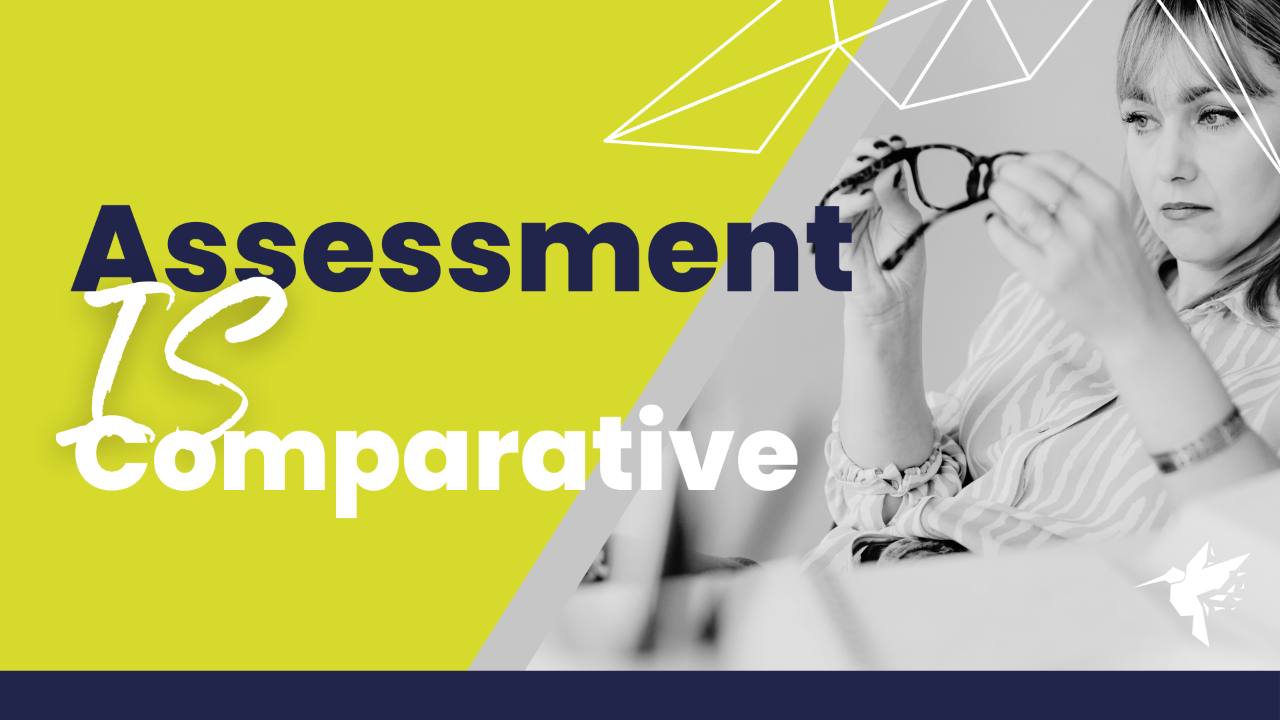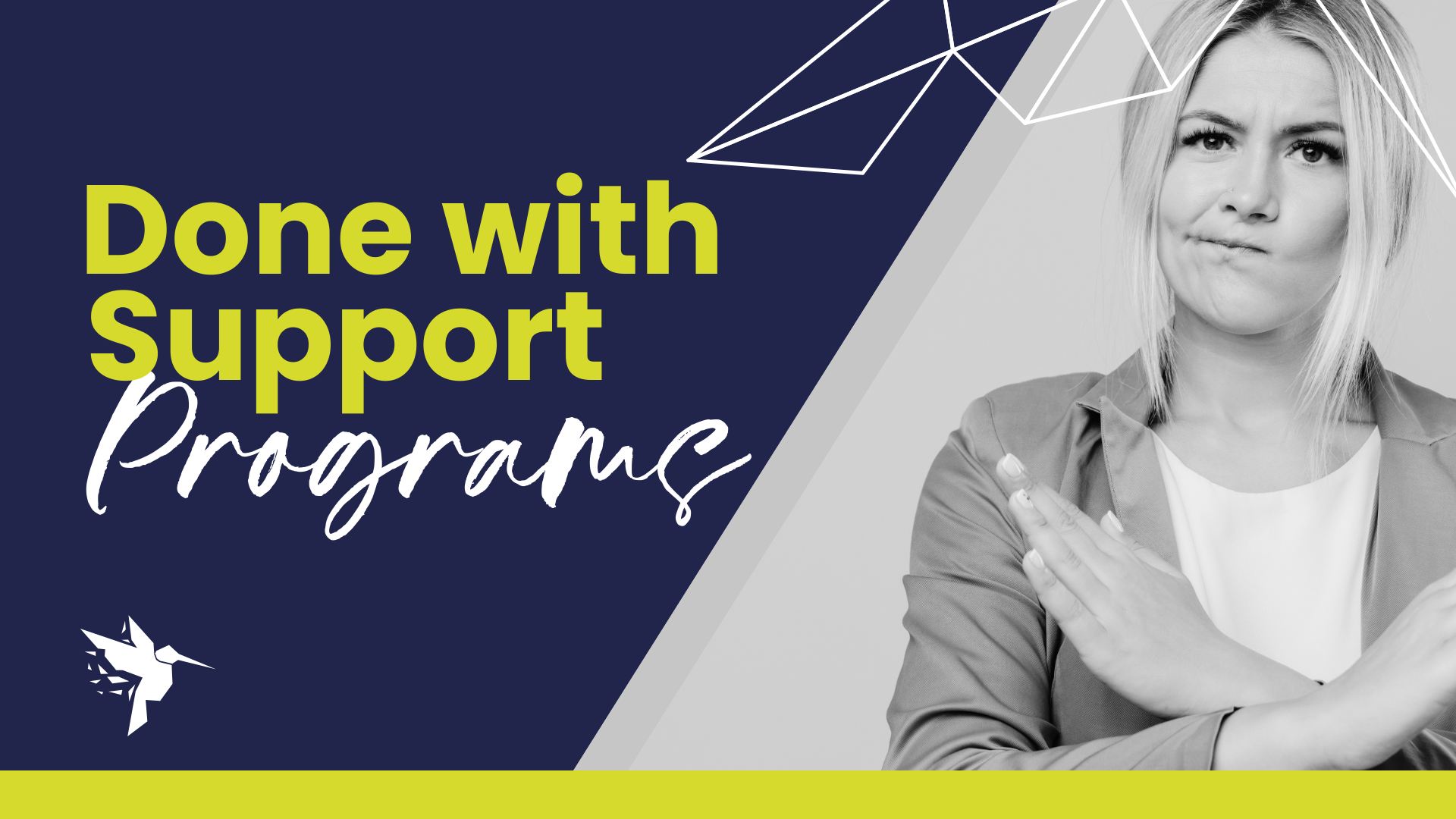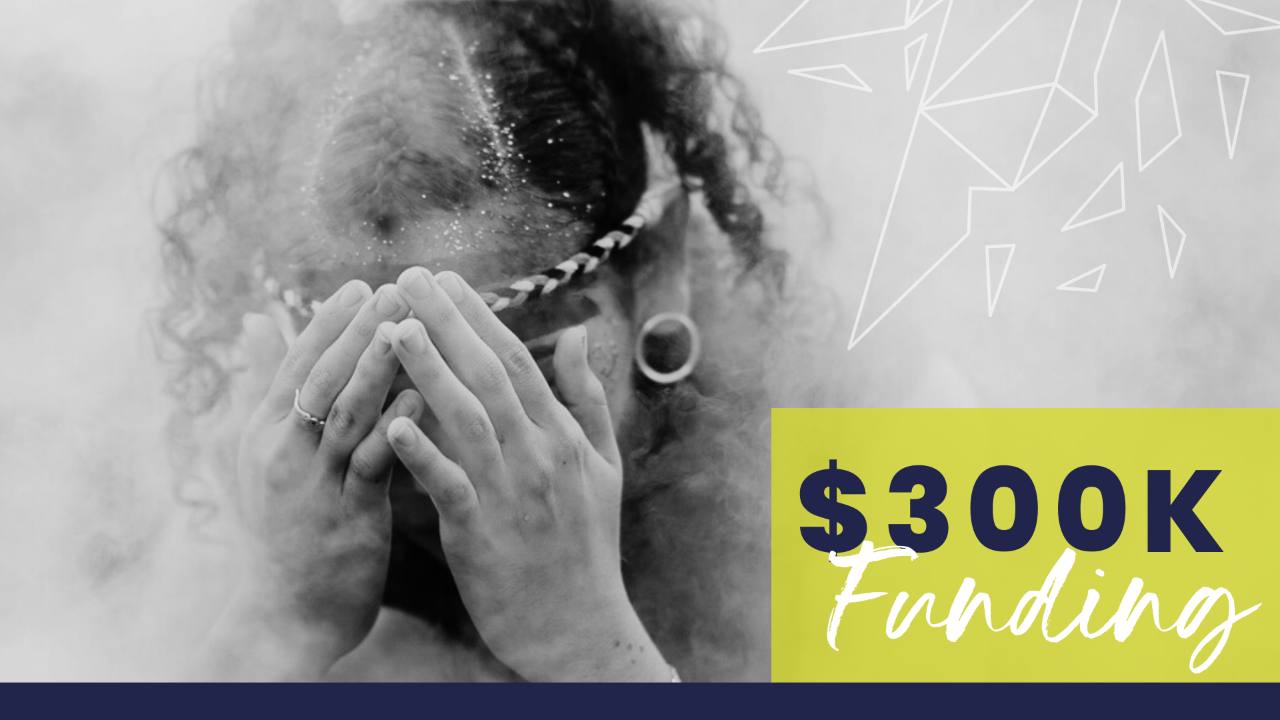Get Grant-Ready
Get ready early, or get left behind.
Why starting early changes everything
If you start preparing your grant application when the deadline opens, you’re already behind.
Most founders assume “getting ready” means filling in forms — but by the time guidelines are live, the strongest applicants have already done the real work. They’ve mapped alignment, gathered data, secured partners, and built credibility. From an assessor’s chair, their submissions feel inevitable — not rushed, not improvised, just right.
The truth is: great applications aren’t written fast — they’re built slowly. They grow from strategy, readiness, and relationships that have been in motion for months.
A founder’s lesson in timing
The first time I applied for a major grant, I hit submit at midnight on deadline day. I remember the relief of sending it off — and the quiet dread that followed. Deep down, I knew it wasn’t my best work. I’d been reacting, not leading. When the rejection email arrived six weeks later, it wasn’t about the idea — it was about the execution.
The second time around, I prepared differently. I gave myself space — space to read between the lines of the guidelines, to test my logic with mentors, to align the language of my pitch with the funder’s mission. That one won — not because it was flashy, but because it was ready.
That’s what I tell every founder I mentor: if you’re rushing, you’re already losing. Funding rewards momentum, not miracles.
What early preparation actually means
Grant-readiness isn’t about paperwork; it’s about positioning. Founders who consistently win are those who:
-
Track programs three to six months ahead of time.
-
Collect proof points early — traction, testimonials, impact data.
-
Keep financials and governance documents current.
-
Build relationships with funders and potential partners before they’re needed.
This prep signals professionalism and confidence. Assessors can spot it instantly — it’s the difference between “applying for money” and “inviting investment in impact.”
Case in point: the founder who won before she applied
Earlier this year, I worked with a regional founder — let’s call her Hannah — who was targeting a sustainability grant worth $50K. When we first spoke, she hadn’t written a single line of her application. But she’d already done the real groundwork:
-
Her impact metrics were documented and up to date.
-
She had partnership letters drafted and signed.
-
Her project plan was clear, costed, and linked to outcomes that matched the funder’s criteria.
When the grant opened, Hannah’s submission was done within a week — not because she rushed, but because she’d already been ready. She was funded on her first attempt.
Compare that to another founder who came in three days before the deadline. Same potential, same idea — but no time to show it. The gap between those two outcomes wasn’t talent. It was timing.
Lessons from the other side of the table
After reviewing more than $50 million in applications, I can tell you: rushed submissions read the same way. Generic answers. Patchy budgets. No evidence of alignment. Strong proposals, by contrast, speak with authority because the founder has lived the story they’re telling — they’ve already validated the idea, clarified outcomes, and tested assumptions.
When an assessor reads that kind of proposal, they don’t have to imagine success — they can see it. And that clarity is gold.
How to get ahead now
Here’s what early grant-readiness looks like in practice:
-
Create a Funding Calendar. Identify the programs that match your growth stage and impact mission.
-
Pre-write your narrative. Keep a one-page “impact statement” on file — what you do, why it matters, and who benefits.
-
Stay funder-ready. Update your financials, governance docs, and pitch deck quarterly.
-
Learn from those who’ve won. Reach out to past recipients; most are generous with insights if you ask the right questions.
-
Build your story early. The best applications don’t read like a surprise — they read like the next logical step in your journey.
The mindset shift
Grant-readiness isn’t a sprint — it’s a system. When you prepare early, you stop chasing funding and start attracting it. You shift from reactive to strategic, from “hope it fits” to “of course it fits.”
Early prep doesn’t just increase your chances; it builds credibility. Every strong submission strengthens your brand in the eyes of assessors and peers. Even if you don’t win this round, your name becomes familiar — and familiarity builds trust.
Funding doesn’t reward perfection; it rewards preparation.
So start before you think you’re ready — because by the time you feel ready, the window’s already closing.
→ Join the Funding4Growth community for templates, timelines, and upcoming GrantReady sessions designed to help you stay six months ahead.




Responses